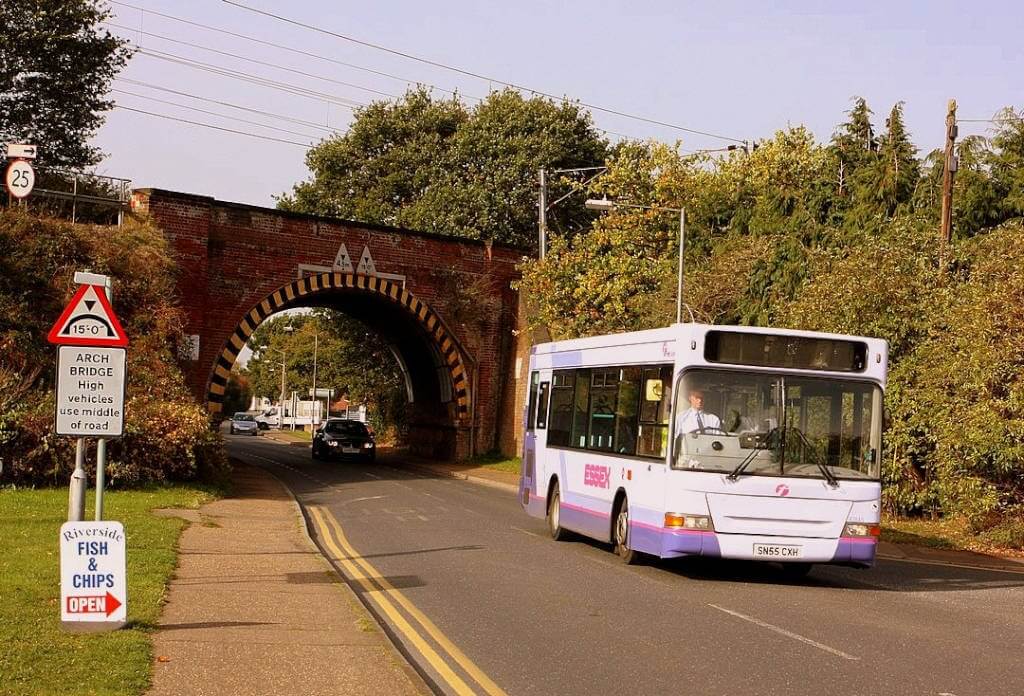
Backhouse Jones hosted another of its webinars this month, which was packed full of useful information for operators. Peter Jackson reports
This year, Clitheroe-based transport law firm Backhouse Jones is celebrating an impressive milestone: 200 years in business. Having started out as Backhouse in 1819, the company began to specialise in transport following the introduction of the inaugural Road Transport Act in 1930. It rebranded as Backhouse Jones in 1999, a name which is today more familiar than ever amongst coach and bus operators nationwide.
Besides offering a range of industry-specific legal services to operators, it’s also well-known for offering free legal advice at conferences and seminars, as well as at its own free-to-attend events. However, for busy operators or those based in far-flung counties of the British Isles, going along in person to an event isn’t always practical. Enter webinars. Backhouse Jones hosts these free online events regularly, allowing operators to ask questions anonymously and benefit from free legal advice from the comfort of their own office.
[…]
By subscribing you will benefit from:
- Operator & Supplier Profiles
- Face-to-Face Interviews
- Lastest News
- Test Drives and Reviews
- Legal Updates
- Route Focus
- Industry Insider Opinions
- Passenger Perspective
- Vehicle Launches
- and much more!


